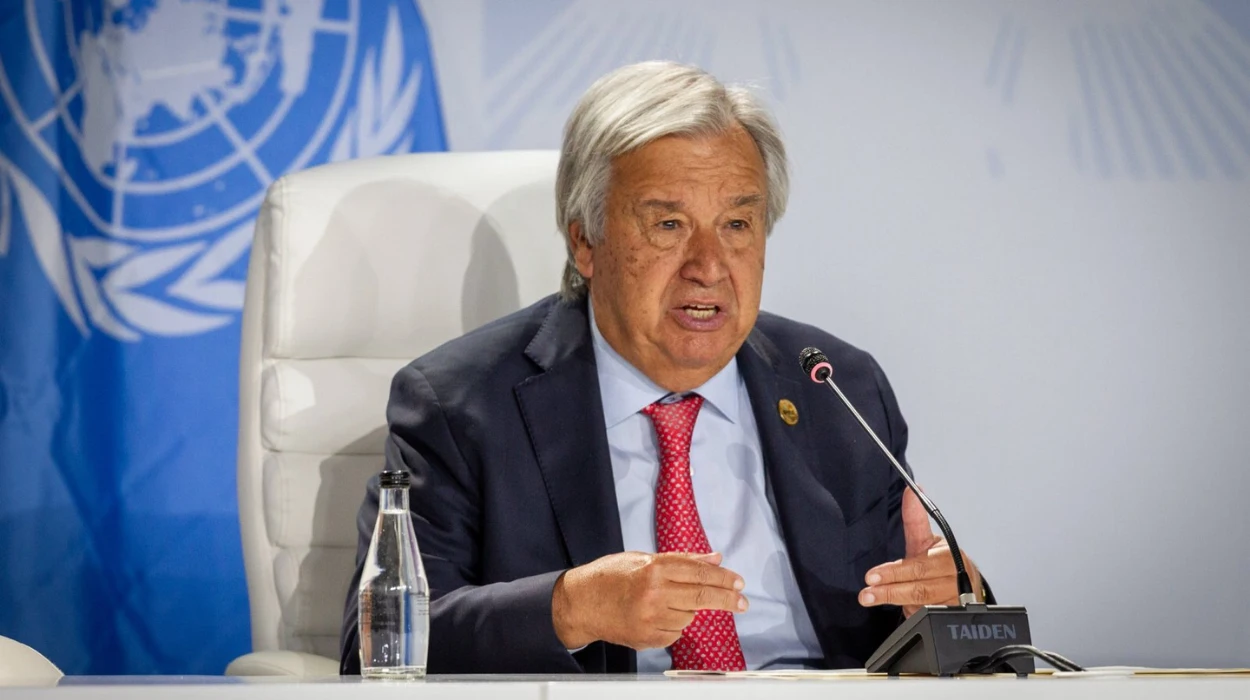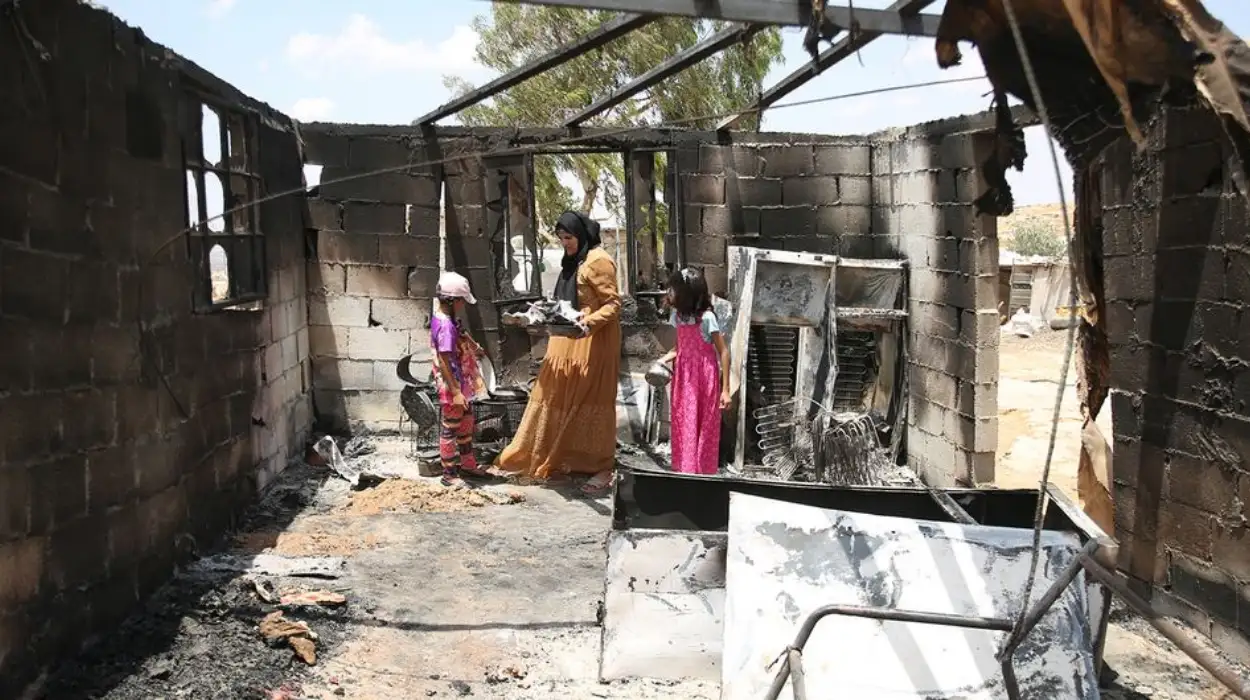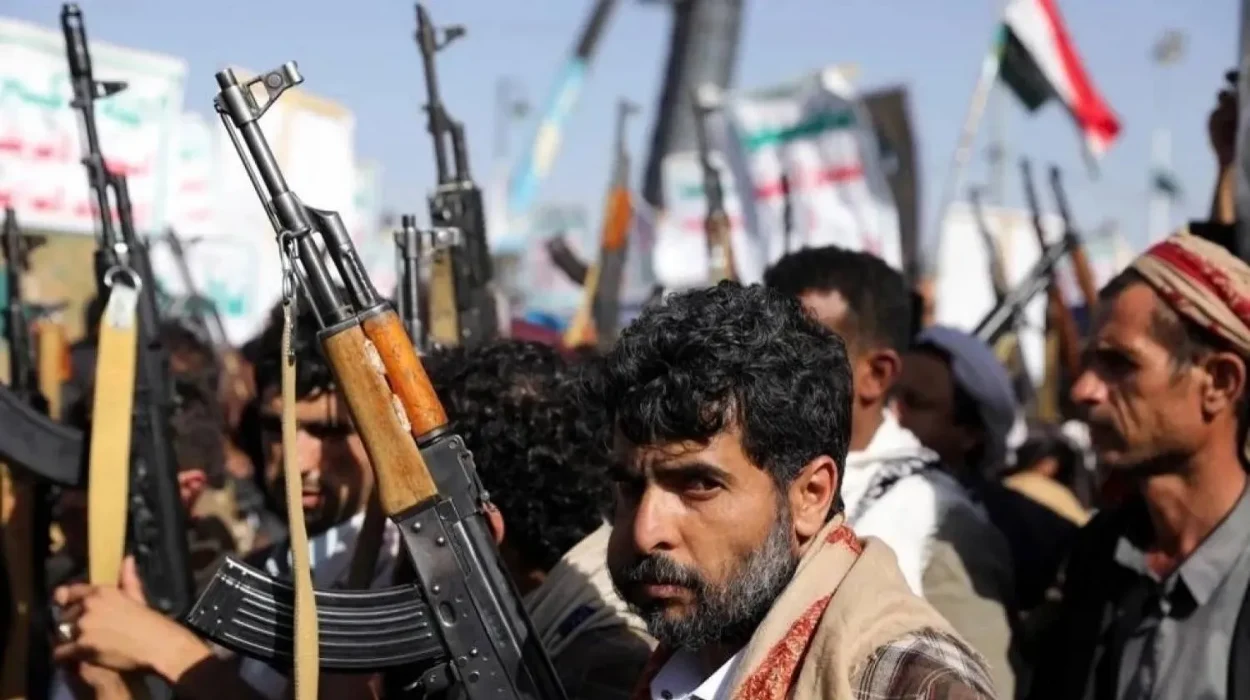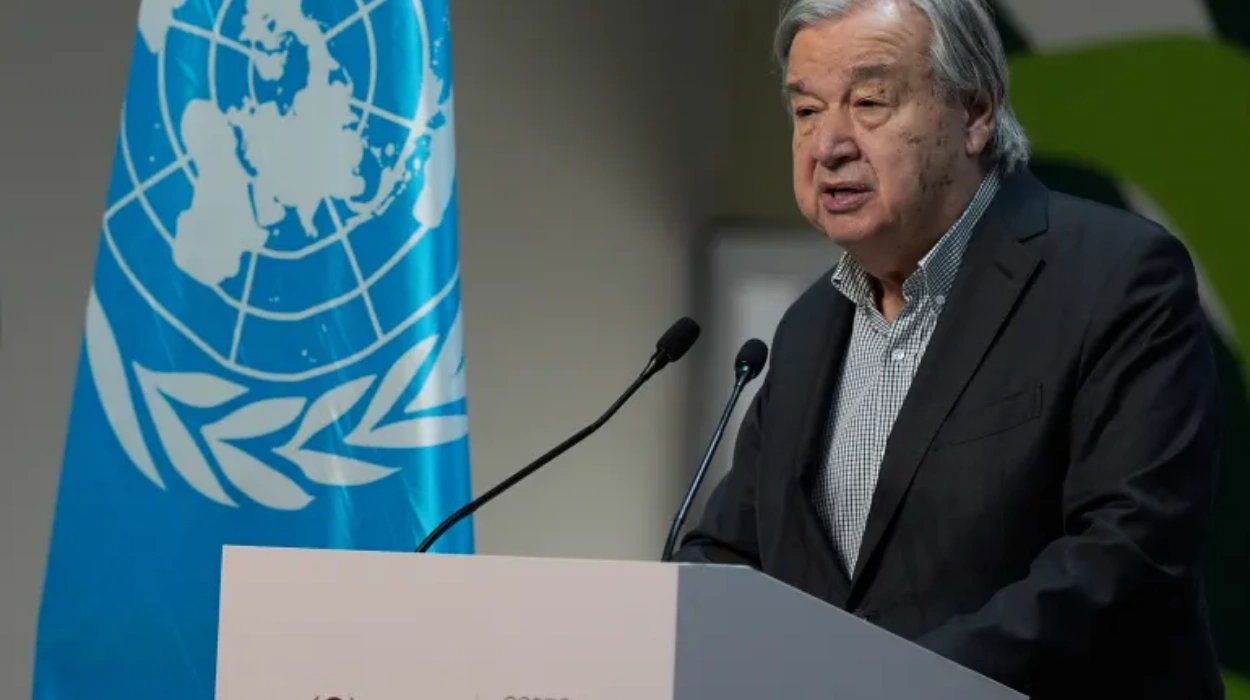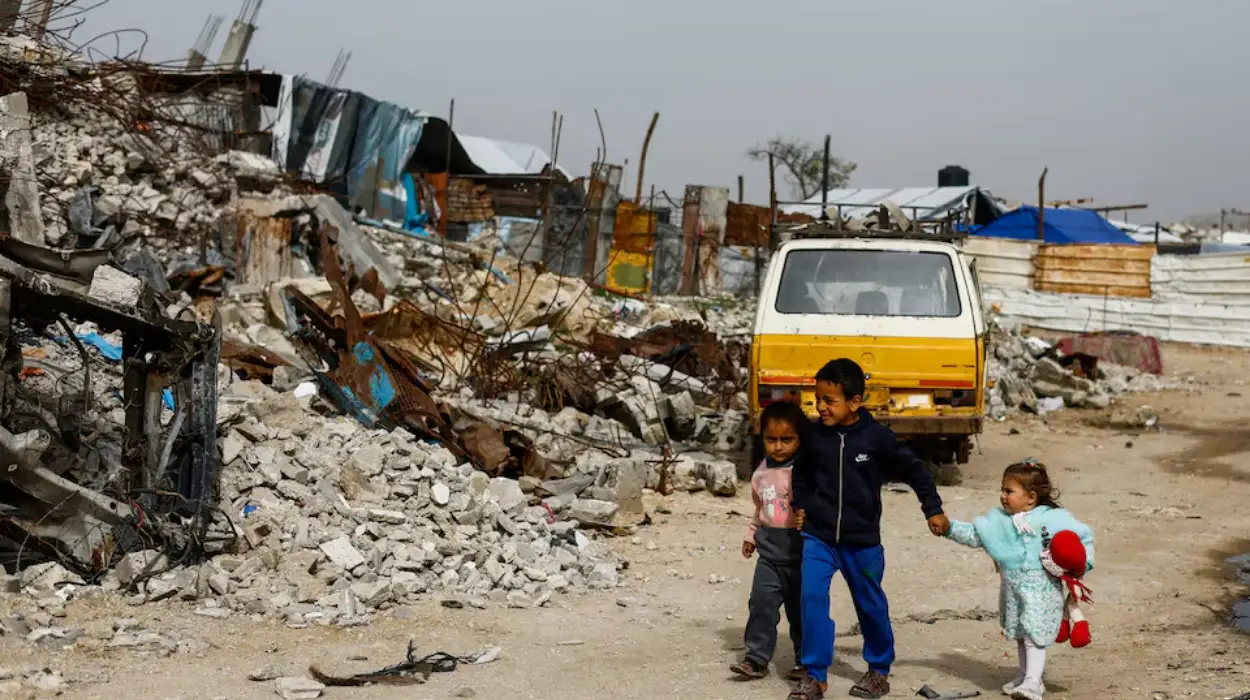This week, attorneys representing more than 40 governments will contend that Israel’s ban on collaboration with the UN’s Palestinian rights office, Unrwa, breaches the UN charter, subjecting the nation to heightened legal scrutiny at the UN’s apex court.
Israel’s decision to block all aid into Gaza on March 2nd has given the five days of hearings at the International Court of Justice (ICJ) in The Hague a new sense of urgency. However, the main focus of the hearing will be whether Israel, as a signatory to the UN charter, acted illegally by overriding the immunities granted to a UN body. In November, Israel claimed that UNRWA had been infiltrated by Hamas, a charge that has been disputed, and terminated all communication and collaboration with the organization’s activities in Gaza, the West Bank, and East Jerusalem.
Unrwa provides 2 million people in Gaza with food, education, and healthcare. On Friday, the UN World meal Programme said that it had ran out of supplies for Gaza’s hot meal facilities. Even US President Donald Trump claimed to have pressed Israel to permit food to enter Gaza after Unrwa Commissioner General Philippe Lazzarini accused Israel of creating a man-made famine.
The 15-member judgment panel reviewing Israel’s behavior has been asked to provide an advisory opinion by 45 nations and organizations, including the UN itself. The United States and Hungary are the only nations most likely to defend Israel in court.
Israel is not scheduled to provide an oral defense this week, but it has submitted a written defense. The hearings are the most significant test of Israel’s disregard for international law since the ICJ’s historic decisions in January, March, and June 2024, which mandated that it act immediately to let aid to reach Gaza without hindrance. The International Court of Justice (ICJ) declared in July 2024 that Israel’s occupation of the Palestinian territories was illegal.
The crisis of faith in the legitimacy of the international legal system has been exacerbated by Israel’s mostly noncompliance with the advisory instructions associated with these verdicts. The public’s trust in international law “hangs in the balance,” according to the Palestinian rights organization Al-Haq, which stated that it was “imperative” that Israel’s seat at the UN General Assembly be lost if it disregarded another ICJ advisory judgment.
The legal case started when the UN general assembly voted 137 to 12 in December to request an advisory opinion from the ICJ on whether Israel, as a signatory to the UN charter, was infringing the privileges and immunities that member states are obligated to grant to UN organizations like UNrwa.
In addition to providing relief to Palestinians, the organization operates schools and medical facilities in Gaza, the West Bank, and neighboring states. Adalah, a Palestinian legal rights organization, has filed a separate domestic court case against the closure of six Unrwa schools in East Jerusalem.
More than 1,500 documents, including procedures from the UN Security Council, General Assembly, and UN agencies outlining the origins of UNRWA, its place in the UN system, and its 1967 operational agreements with Israel, support the UN’s legal claim.
As the highest court in the UN with jurisdiction over interstate conflicts, the ICJ upholds UN rulings. Swedish lawyer and diplomat Elinor Hammarskjöld will serve as the UN’s next legal counsel.
The matter concerns two measures enacted by the Knesset on October 28th, which claimed that Unrwa harbored terrorists and directed the government to cut off all communication and collaboration with the organization, including granting visas to Unrwa worldwide employees. It is now a part of a larger Israeli threat to deny visas to employees of anti-Israel NGOs.
In an effort to weaken Hamas, Israel halted the flow of all supplies into Gaza on March 2, regardless of its decision to bar Unrwa. Last week, France, Germany, and the United Kingdom denounced as irresponsible statements made by Israel Katz, the Israeli defense minister, that connected the assistance flow to political pressure on Hamas.
UK Lawyers for Israel, representing the Israeli government, stated in a document last week that Israel has the authority to revoke its contract with UNrwa and to prohibit the UN and its agencies from conducting operations on its sovereign territory, particularly during times of conflict. Furthermore, the report asserted that Israel was not obligated to facilitate the delivery of humanitarian supplies to the Palestinian population under the auspices of Unrwa and was free to decide how to fulfill its duties in this regard.
The group further asserts that the ICJ lacks the impartiality or ability to decide a matter that primarily revolves on contested facts, such as whether Hamas had successfully infiltrated Unrwa and whether organizations other than Unrwa, including the WFP, are capable of providing relief.
The US Justice Department notified the New York district court on Thursday that Unrwa and its employees did not have immunity in US courts, changing the Biden administration’s position and appearing to be a shot across the UN’s bows prior to the lawsuit. Theoretically, the action gives victims of Hamas terrorism the opportunity to ask Unrwa officials for compensation. A veteran British diplomat named Ian Martin has been selected by the UN to assess the agency’s future function and budget as a sign of the existential crisis the organization is currently facing.


